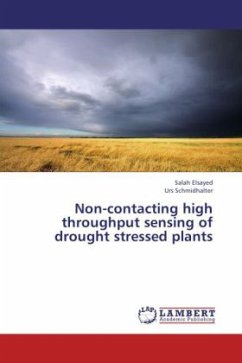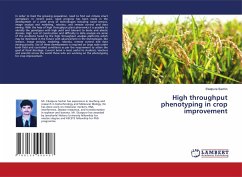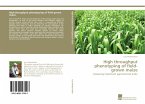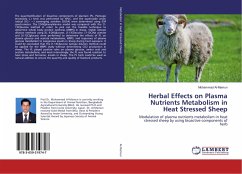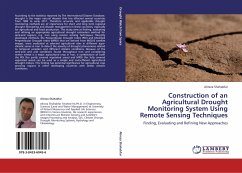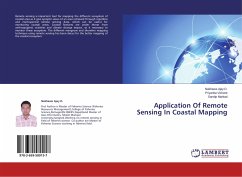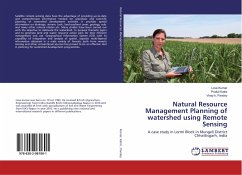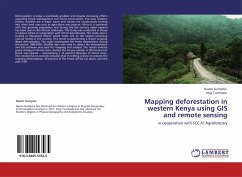The early detection of these stress factors with non-destructive methods is crucial because it could help to identify stress status at larger temporal and spatial scales before any damage is clearly visible. in this regard, precision agriculture and precision phenotyping technologies for crop management have the potential to provide more information for making more informed management decisions on a canopy scale in real time. Time-consuming destructive methods could be replaced by proximal remote sensing methods using spectral reflectance and laser induced chlorophyll fluorescence measurements. These technologies may open an avenue for fast, high-throughput assessments of water status in plants, which would simultaneously be useful for screening large numbers of plants (e.g., in breeding) as well as being equally important for management related actions
